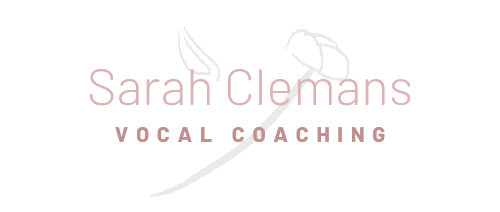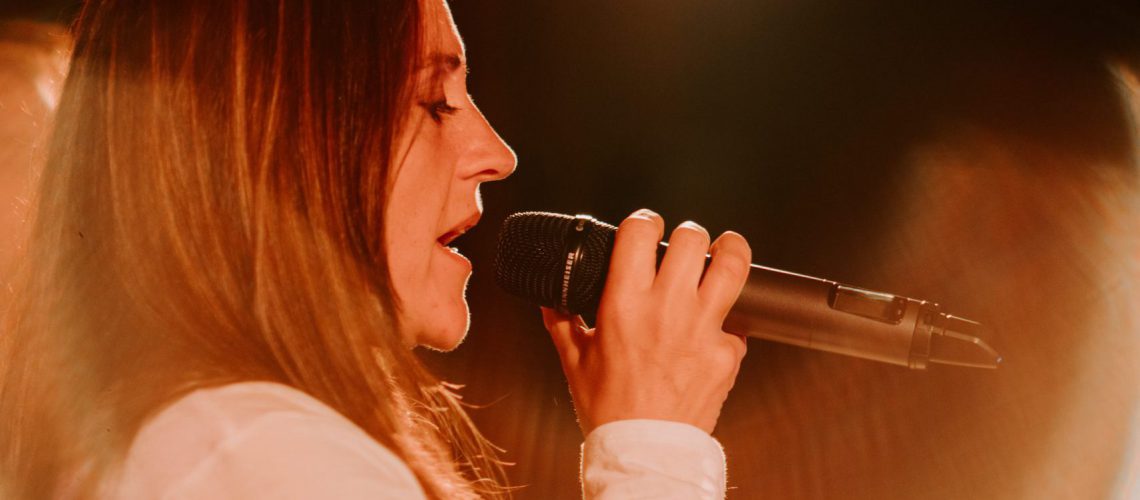Singers need to breathe from their diaphragms because this allows them to control their vocal folds and sustain long notes. If you want to sing well, you must use your lungs (your body’s air tool) and diaphragm (the force that controls your lungs) well. In this post, I’ll explain what occurs in our bodies when singers breathe from the diaphragm. This will require a bit of both biology and physics, so get your thinking cap ready.
What is the diaphragm?
The diaphragm is a muscle that sits underneath your lungs. When you breathe in, it expands down, pushing towards your gastrointestinal organs. Many choir or voice teachers say your stomach should expand when you breathe in well because your diaphragm is expanding down, displacing your organs, and pushing your stomach out. (I promise, you don’t look fat, you look like a good singer! WERK!) When your diaphragm expands down, the lungs stretch with it, creating more area inside them. The space in your lungs creates low air pressure. This allows you to pull in air from the outside to reach an equilibrium, or balance, of air pressure. This is when your lungs receive the oxygen you need to survive. THANK YOU, DIAPHRAGM! 🙂

How does breathing from the diaphragm help singers?
Now, the exciting part, where the singing happens! When you breathe out, your diaphragm works with your abdominal wall to create a balance of force. You can then control the speed at which the air comes out with the compression of the abdominal wall. The goal is for your diaphragm and abdominal wall to be pushing against one another, with the diaphragm gradually giving way to the abdominal wall. That way, the air comes out in a controlled and consistent flow. It pushes up from below, shrinks the space in your lungs, and creates high air pressure, which pushes out the newly-created carbon dioxide (thank you, lungs!) to attempt to recreate that equilibrium.
If you’re not speaking, singing, or sick, the air goes out smoothly, so you can repeat the process again. However, when you speak or sing, your vocal folds are held taut by surrounding muscles and vibrate from the air passing through. In order for you to develop the best control over your vocal folds, you need the most air you can possibly (and comfortably) get in your lungs. And “breathing from your stomach” helps you achieve this!
Breathe from your diaphragm!
Your body completes the entire incredible process of breathing all within 20 seconds! Eastern cultures practice that breathing well – using the diaphragm and lungs to their fullest – leads to a longer life. That’s why breathing is such an important part of meditation. I’m not saying meditating will make you sing better, but it could help. Go, breathe, sing!

